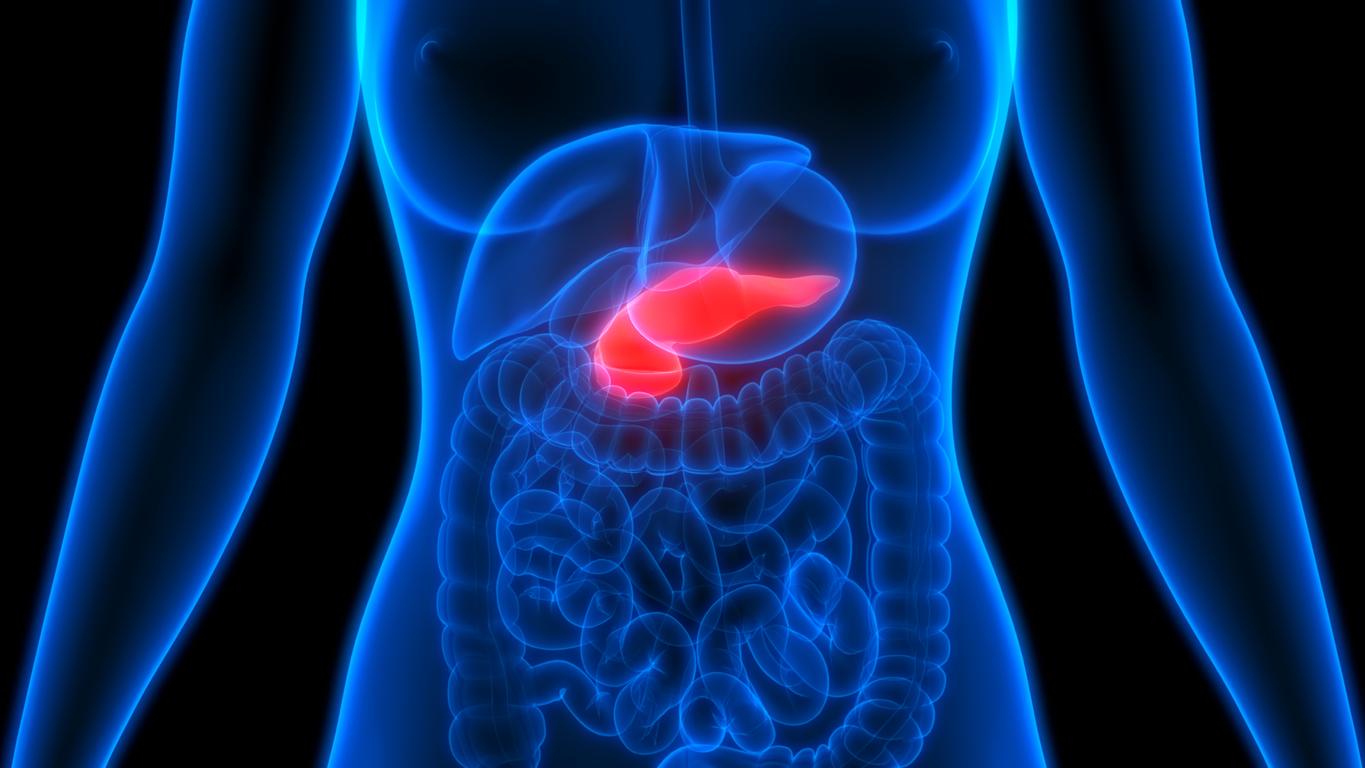British researchers have discovered that three proteins present in urine allow the early detection of the most common form of pancreatic cancer.

Detecting early stage cancers is a major challenge for improving patient care. For many cancers, early diagnosis greatly increases the chances of survival. This is particularly the case with pancreatic cancer, which is often detected late, when it has already spread to other organs. But the discovery of a team of British researchers gives rise to hope. In study published this Monday in Clinical Cancer Research, they indicate that a combination of three proteins found in high concentrations in urine could serve as an early marker of the most common form of cancer, pancreatic ductal adenocarcinoma.
“We have always wanted to develop a diagnostic test using urine samples because it has many advantages over blood tests. Urine is an inert liquid and much less complex than blood, which can be tested repeatedly and non-invasively, says Dr. Tatjana Crnogorac-Jurcevic, lead author of the study. It took a while to get proof of principle discovered in 2008, but it was worth the wait. This is a panel of biomarkers with good specificity and sensitivity and we hope that a simple, affordable test will be developed and used clinically in the years to come. “
Accuracy of over 90%
To develop their test, researchers at Queen Mary University in London and the Barts Cancer Institute studied 192 urine samples from cancer patients, 92 from patients with chronic pancreatitis and 87 individuals. healthy. They also used 117 samples from patients with liver or bladder cancer to verify the specificity of their test.
From the analysis of these samples, the scientists selected 3 proteins among the 1,500 found in the samples. These three molecules are found in very high concentrations in patients with pancreatic cancer while they are almost absent in healthy patients. The latter are also present in much lower concentrations in volunteers suffering from the chronic pathology. The combined presence and in high concentrations of these proteins would make it possible to diagnose patients with pancreatic cancer with an accuracy of more than 90%.
The team now hopes to conduct trials in people at high risk of developing pancreatic cancer, such as people with a family history, heavy smokers, obese, men and women over 50. Dr Tatjana Crnogorac-Jurcevic also wants to be able to follow volunteers for 5 or 10 years to find out if these three proteins are present even before the tumors appear. If so, patient survival rates could reach 20%, or even 60% for smaller tumors.
.















